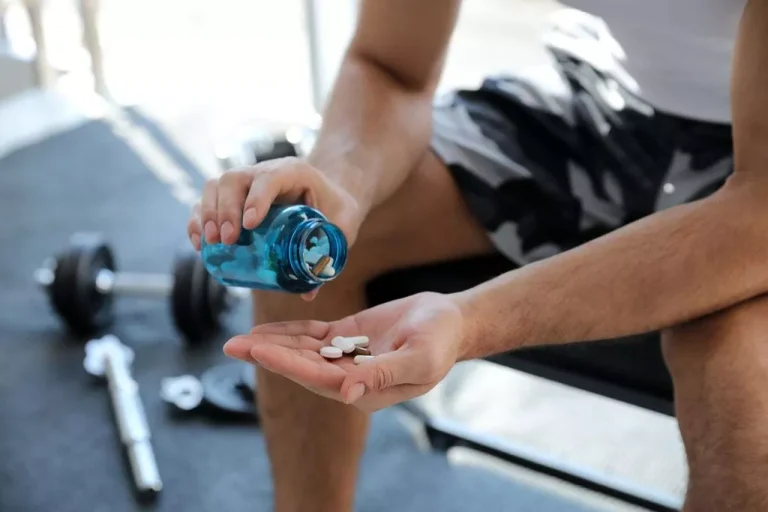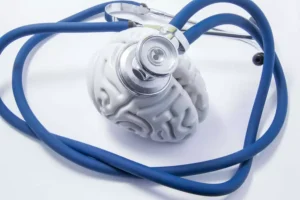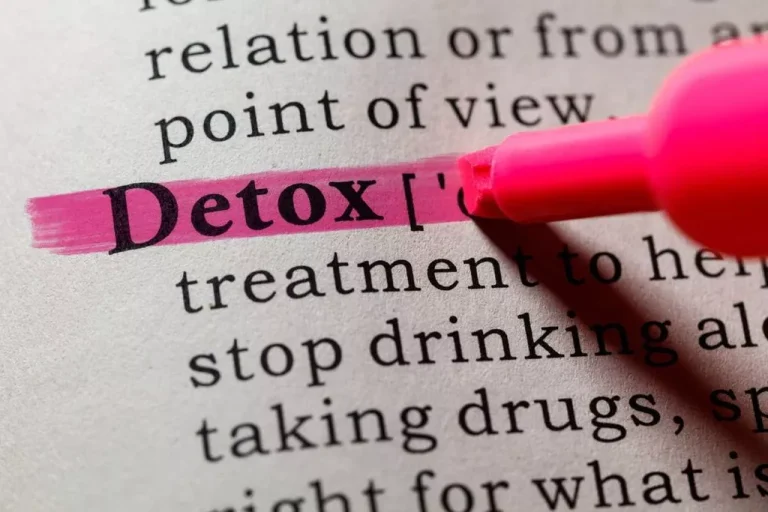
These are the same circuits linked to survival, driving powerful urges no different from those driving the need to eat or drink water. It takes real effort, but it’s possible to find healthy ways to cope with mental health challenges. And you might find that they decrease significantly just by quitting drinking. Listen to myths about addiction and recovery our podcast episode on coping with anxiety for real life stories about how people in long term recovery handle their anxiety without alcohol. The video above does an excellent job of explaining the physiological effects of alcohol, that are proven to actually make anxiety symptoms worse within a few hours of drinking.

Discover which drugs can trigger aggression. Unveil the connection between drugs and aggressive behavior.
Let us recall not to judge an addict by their addiction, as they are much more than their demons. A misconception about addiction is that it’s a choice, not the result of various factors. We must recognize that addiction can affect anyone, no matter their age, income, ethnicity, religion, family, or job. This insight dispels the idea that addiction is due to personal choices only. Willpower alone isn’t enough to overcome addiction; it requires proper treatment and support from healthcare professionals and the community. Treatment for addiction is not a cure, but rather the initial step towards wellness.
Myth 8: Seeking Help Is A Weakness
Addicts shouldn’t be judged; they need understanding and proper treatment. Dual diagnosis matters, as mental health may coexist with substance abuse disorders. Prescription drugs have harmful effects, so accurate info about addiction is needed.
Alcoholism: a Serious Disease with Fatal Outcomes

However, the reality of addiction involves a complex interplay of biological, psychological, and social factors that make quitting extremely difficult without professional help. Misconceptions about addiction are prevalent in today’s society and contribute to stigma. Peer support is also designed for you to meet people who are further along in their recovery journey. Listening to them share their stories and seeing how far they have come can provide encouragement and motivation on the tough days.
- Loved ones sometimes develop unhelpful and unhealthy behaviors, but the idea that they have a codependency disorder is unscientific and harmful.
- By getting rid of these myths and misconceptions, we can raise understanding, sympathy, and support for those fighting addiction.
- Understanding the multifaceted nature of addiction can help reduce stigma, promote empathy, and guide the development of effective prevention and treatment strategies.
Discover how pets boost recovery! Unleash the benefits of pets in healing processes for a brighter tomorrow.
- Furthermore, addiction does not discriminate based on personal attributes.
- Recovery needs understanding and support from individuals with addiction and their communities.
- Some people would rather try to fight through their addiction on their own than seek treatment because they believe rehab is a waste of time.
- People with addiction need understanding and support, not judgment and punishment.
- Shame can be a large factor in stopping people from seeking help and talking about the effects of addiction.
Recovery is a lifelong process and may require ongoing maintenance and support, but it is possible to break free from the grips of addiction and live a fulfilling life in recovery. Especially in recent years, there is a common misconception that only “hard” drugs are dangerous. Prescription medication, alcohol, and marijuana are often categorized as “safer to use” because of legalization and normalization of use. Hard drugs tend to carry heavier social stigmas, while other substances may get a pass.
- In this article, I aim to debunk some of the most common and persistent myths surrounding addiction.
- Also, facing stigmas in face-to-face discussions is important for dispelling misconceptions about addiction.
- Misconceptions about addicts are rife in society, yet it’s key to ditch these distorted ideas and push for understanding.
- Substance abuse and addictive behaviors alter the brain’s structure and function, leading to compulsive drug use or engagement in addictive behaviors despite harmful consequences.
Master the art of staying sober on vacation with these essential tips for a memorable alcohol-free journey.

In fact, people in recovery often encounter old triggers, coping habits, and opportunities to use. The relapse is less important than what happens after the relapse. Keep in mind that most people with addiction who experience a recurrence will return to recovery. When addiction takes hold, these changes in the brain erode a person’s self-control and ability to make good decisions, while sending highly intense impulses to take drugs.
Join us in this compassionate environment for recovery with Sandstone Care. Myths and misconceptions about addiction and recovery can have a bad effect on treatment and an individual’s success in their recovery journey. These can come from a lack of knowledge in the medical world, social shame, and stigma. By breaking these myths and confronting the misconceptions, we can create a kinder and more supportive environment for those needing help.
Myths & Truths about Addiction Recovery: Breaking the Stigma of Addiction

One example is using disparaging or judgmental terms to refer to addiction, people with substance use disorder, or treatments for the disease. The first step in seeking help for addiction is recognizing that you have a problem and being willing https://ecosoberhouse.com/ to reach out for support. This can be a difficult and scary step, but it is crucial in starting your journey towards recovery. It is often believed that those struggling with addiction can simply quit using whenever they choose to do so.
Thus, comprehensive treatment approaches that address both substance use disorder and mental health are necessary for successful recovery. It is crucial to recognize that addiction is a complex interplay of these factors and is not simply a matter of personal choice or lack of willpower. Understanding the multifaceted nature of addiction can help reduce stigma, promote empathy, and guide the development of effective prevention and treatment strategies.
Myth #9: Addiction Only Affects Certain Types of People
The primary objective is to enhance overall well-being and improve the quality of life for individuals struggling with addiction. Addiction does not discriminate based on factors such as age, gender, race, or social status. It can impact anyone, regardless of their background or circumstances.
